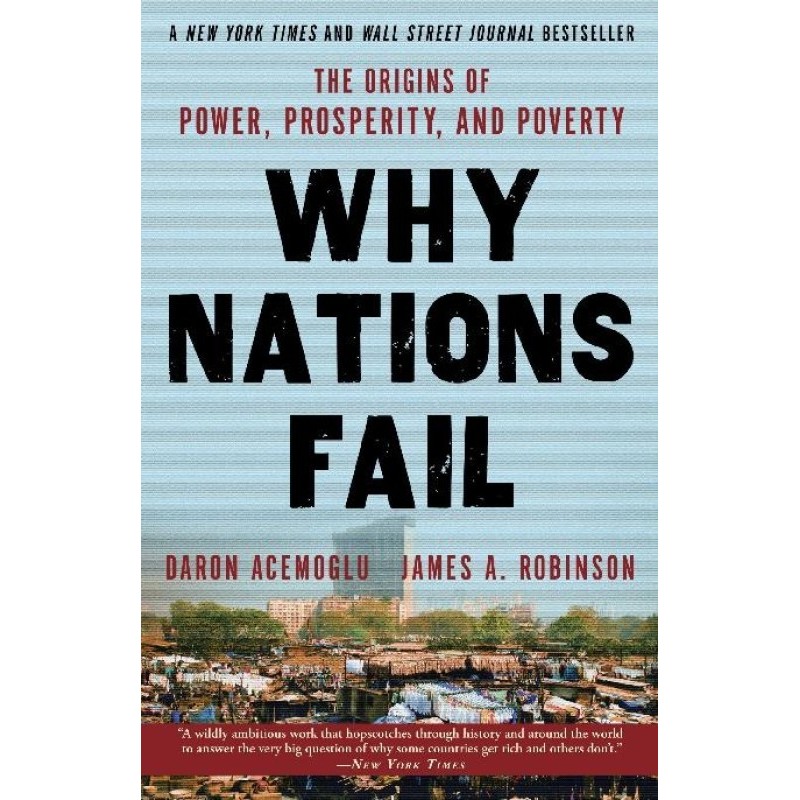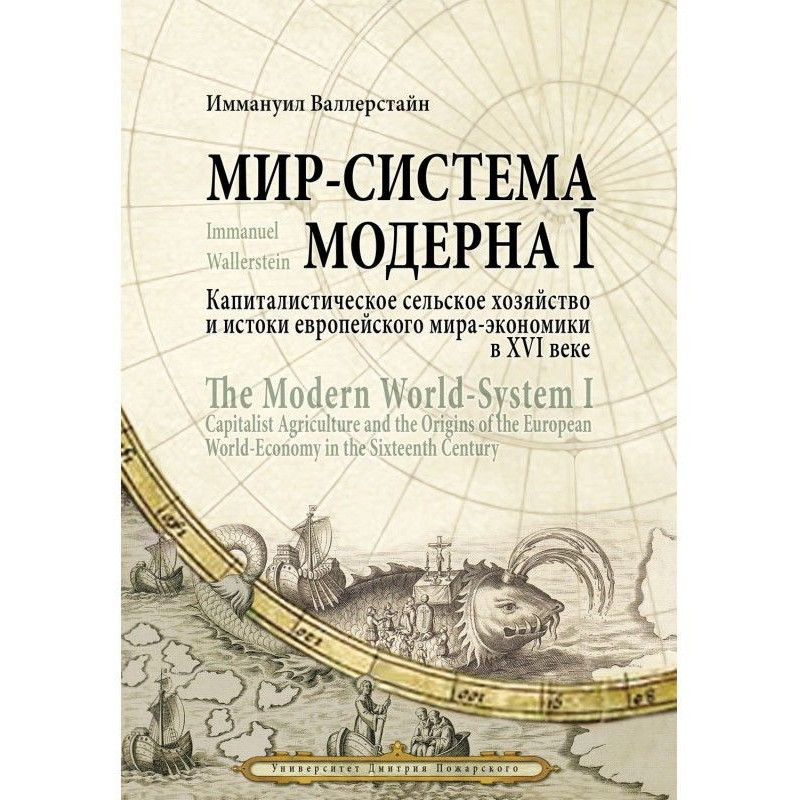Economic origins of dictatorship and democracy (Economic theory). 2015
 Instant download
Instant download
after payment (24/7)
 Wide range of formats
Wide range of formats
(for all gadgets)
 Full book
Full book
(including for Apple and Android)
A scholarly bestseller by economists Daron Acemoglu and James A. Robinson develops a conceptual framework for analyzing the creation and consolidation of democracy. The authors start from the seemingly simple thesis that different social groups prefer different political institutions because of the way they distribute political power and resources. Thus, democracy is preferred by the majority of citizens, but elites oppose it. However, a dictatorship is unstable when citizens can pose the threat of social unrest and revolution. In response, when the cost of repression is substantially high and promises of concessions are not credible, elites may be forced to create democracy. Through democratization, elites transfer political power to citizens in a credible manner, ensuring social stability. Democracy consolidates when elites do not have strong incentives to overthrow it. These processes depend on the strength of civil society, the structure of political institutions, the nature of political and economic crises, the level of economic inequality, the structure of the economy and the form and scope of globalization.
Data sheet
- Name of the Author
- Дарон Аджемоглу
Джеймс Робинсон А. - Language
- Ukrainian
Reviews
Неперевершене дослідження політичних інститутів
Книга "Економічні витоки диктатури та демократії" є справжнім науковим бестселером, який відкриває нові горизонти для розуміння політичних систем. Дарон Асемоглу та Джеймс А. Робінсон майстерно поєднують економічну теорію з політичною практикою, пропонуючи читачеві глибокий аналіз того, як соціальні групи впливають на формування політичних інститутів. Їхня теза про те, що демократія є результатом боротьби між елітами та громадянами, звучить надзвичайно актуально в сучасному світі. Автори вміло пояснюють, чому диктатура може бути нестабільною, і як еліти можуть бути змушені йти на поступки, щоб уникнути соціальних заворушень. Книга не лише теоретична, а й практична, адже вона дозволяє зрозуміти, чому в деяких країнах демократія консолідується, а в інших - зазнає краху. Хоча переклад тексту може містити незначні недоліки, загалом книга читається легко і зрозуміло. Рекомендую всім, хто цікавиться політичною економією та соціальними науками



















